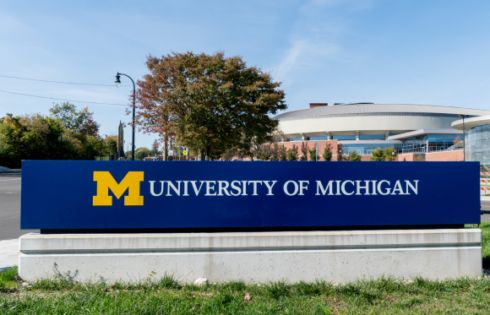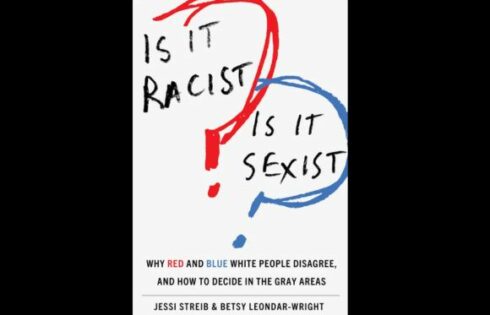Thomas Lindsay has an essay called “How to Survive the Higher-ed Meltdown” over at Real Clear Policy. He argues that smaller colleges are in better condition to respond to the changes in the economics of higher education that have come about in the wake of the recent recession. ” A recent study demonstrates that a third of colleges and universities are now financially unstable through overbuilding, over-borrowing, and over-diversifying. But the good news is there are schools not only surviving but prospering in these harsh times,” Lindsay writes. He goes on to explain that smaller colleges, which are more adaptable and quick to change, are better poised to reverse their financial fortunes.
He sites the small Misericordia University in Pennsylvania as one example of such “adaptability”:
Misericordia has capitalized on its smallness to pivot effectively. But size alone was not sufficient. It first had to recognize that no small private school can “compete with the homogeneous offerings” of state schools. Instead, Misericordia reinforced the service component of its mission through intensifying its focus on the service professions, especially health sciences. Refusing to be all things to all people simultaneously strengthened its identity, sharpened strategic planning, and hiked its competitiveness.
This strategy’s fruits are impressive. Almost half the school’s students today enroll in health-related professions. It now has a sparkling retention rate of 92 percent overall. High demand for professionals in these professions draws high-quality applicants with families willing to pay much of their tuition. Thereby, Misericordia has accomplished three goals: (1) increase enrollment from 1,050 to approximately 1,900 over 13 years; (2) increase the caliber of entering classes; and (3) maintain a tuition-discount rate five-six points below rival schools.
First of all, I must say, Misericordia is a great name for any school that wishes to be a model of frugality. But it seems to me that Misericordia is really still functioning on an economic model that relies on revenue growth rather than cost-cutting. In that sense, it serves only as an incomplete model for other colleges to follow. Most schools will not be able to double their enrollment, no matter what tactics of vocational specialization they utilize–this is especially true since the college-going population is expected to peak and begin to decline in coming decades, and as online education inevitably begins to suck away many of those tuition-paying students from the traditional residential system.
It may be that some smaller institutions can save themselves from financial ruin by going the route of Misericordia, and focusing on a vocational specialization–at least for a while. But if I’m right about the future of open-source online education, then the forces that are working to bring about the financial ruin of colleges and universities are more fundamental to the residential system itself. And specializing in one vocational area or another, in that case, will not be enough to save many lower-prestige institutions from ruin–not matter how small or nimble or specialized they may be.
Nathan Harden is editor of The College Fix and author of the book SEX & GOD AT YALE: Porn, Political Correctness, and a Good Education Gone Bad.
Like The College Fix on Facebook.
Follow Nathan on Twitter @NathanHarden






Please join the conversation about our stories on Facebook, Twitter, Instagram, Reddit, MeWe, Rumble, Gab, Minds and Gettr.